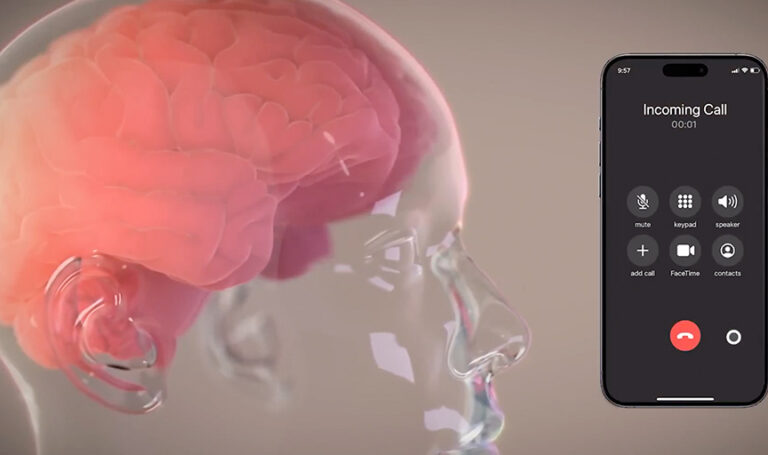Neuralink’s human implant success sparks fear for the future of society
American neurotechnology company Neuralink has successfully implemented a computer chip in someone’s brain, according to its founder Elon Musk. While microchips are nothing new, this is definitely a noteworthy update.
“The first human received an implant from Neuralink yesterday and is recovering well,” he wrote on X, formerly known as Twitter.
The first human received an implant from @Neuralink yesterday and is recovering well.
— Elon Musk (@elonmusk) January 29, 2024
Initial results show promising neuron spike detection.
Neuralink is currently developing brain-computer interfaces that will allow human beings to interact with a computer by using their thoughts, and vice versa. So far, the technology has only been tested on animals. However, the US Food and Drug Administration gave the company clearance last year to conduct its first trial to test its implant on humans.
The firm then announced the implant trial in September 2023. It explained that during the study, a robot developed by the company will surgically place the implants’ “ultra-fine” threads that help transmit signals in participants’ brains.
Musk noted that the “initial results show promising neuron spike detection,” meaning that the chip is already detecting activity in the person’s brain.
An hour later, the CEO went on to announce that the first Neuralink product to hit the market would be called “Telepathy.”
The first @Neuralink product is called Telepathy
— Elon Musk (@elonmusk) January 29, 2024
What does this mean for the future of the company?
Since Neuralink was launched in 2016, the company has remained incredibly secretive about its operations. It is definitely the most alluring company in Musk’s future-focused portfolio. Nevertheless, the founder has frequently shared his thoughts and visions for Neuralink’s projects. He previously suggested that it could offer a way for people to integrate virtual reality with their own brains, for instance.
The company is also frequently associated with the Black Mirror-esque concept of digital immortality and the idea of uploading one’s entire consciousness to a computer.
Nevertheless, Musk’s neuroscience venture has been critiqued for being too invasive, or extreme. Neuralink is not the only company exploring brain-computer interfaces. However, it is one of the only ones that employs open brain surgery and drilling into people’s skulls to implement the devices. Musk himself said in 2016: “You could go through the veins and arteries because that provides a complete roadway to all of your neurons,” or “insert something basically into the jugular.” However, by 2019 Neuralink had rejected these options and opted for the most dangerous one.
the first human subject after getting the Neuralink implant pic.twitter.com/XeoWMFtcvM
— ctf_2fort (@2fortTwitte) January 30, 2024
Next to the procedure there are also concerns about the impact an amalgamation of humans with technology might have on our society. Some critics are very sceptical about the mechanisation of human beings and argue that a cyborg future might test the stability of our society.






